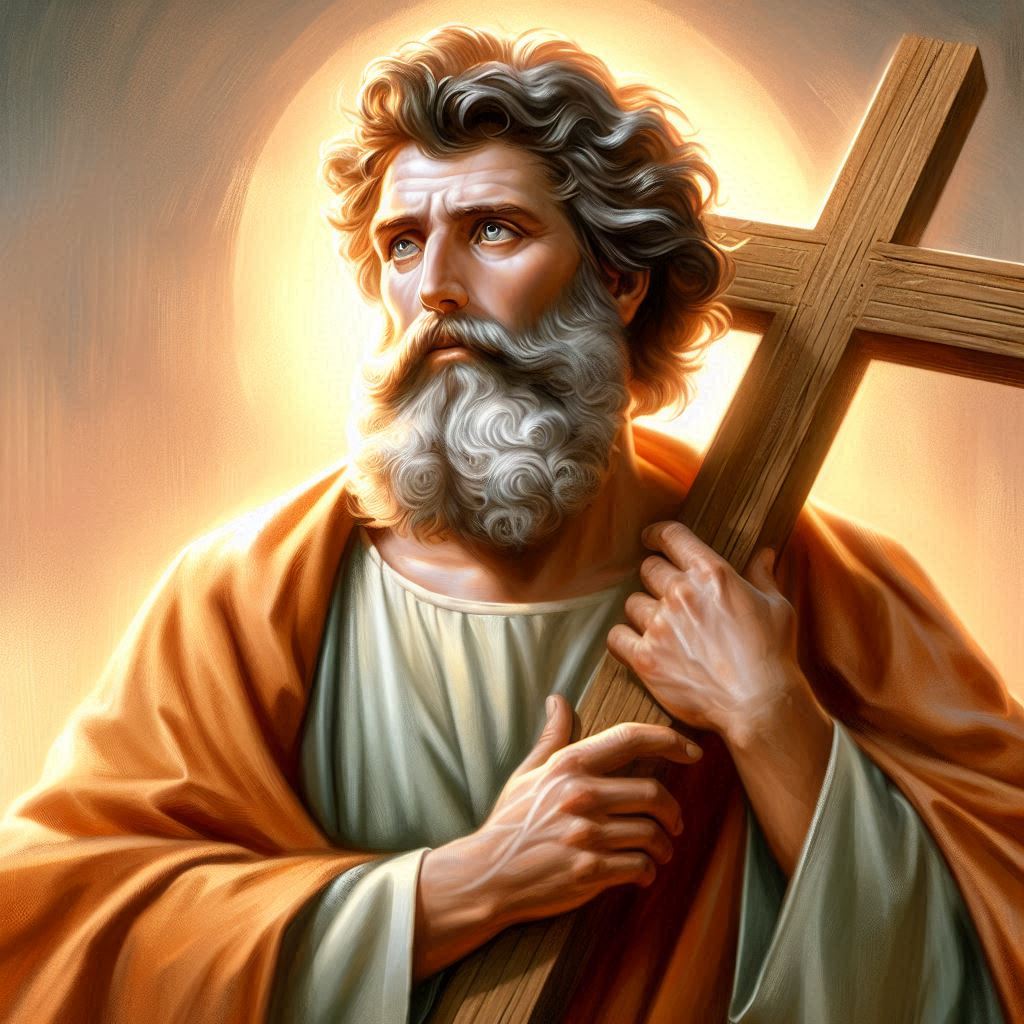Have you ever heard of Andrew? He’s one of the twelve apostles of Jesus Christ, but you might not hear his name as often as Peter or John. Andrew is sometimes called the “silent apostle” because he isn’t mentioned as much in the Bible. But just because he wasn’t in the spotlight doesn’t mean his story isn’t important. In fact, Andrew’s quiet faithfulness and humble actions teach us some pretty powerful lessons about what it means to follow Jesus.
One of the most remarkable things about Andrew is his humility and his desire to connect others with Jesus. In the book of John, we see that Andrew was one of the first people to meet Jesus. What’s the first thing he does after encountering the Messiah? He goes straight to his brother, Simon Peter, and tells him, “We have found the Messiah!” (John 1:41). Think about that for a second—Andrew didn’t keep this amazing news to himself. He was so excited to share it that he immediately brought his brother to meet Jesus. Because of Andrew’s humility and eagerness to share the Good News, Simon Peter, who would later become a central figure in the church, was introduced to Jesus. Andrew shows us how powerful it can be to simply share our faith with those around us.
Andrew’s humility shines through again in the story of the loaves and fishes. When a huge crowd gathered to hear Jesus speak, they were hungry, and there wasn’t enough food to go around. Andrew noticed a young boy with five loaves of bread and two fish, and he brought the boy to Jesus (John 6:8-9). Andrew wasn’t looking for recognition or praise—he was simply doing what he could to help. And because of his small, humble action, Jesus performed a miracle that fed 5,000 people! Andrew’s story reminds us that even the smallest acts of service can have a massive impact when we offer them to God. We don’t need to be in the spotlight to make a difference; God can use our simple, quiet acts of service to bless others in ways we might never expect.
Andrew might not be as famous as some of the other apostles, but his quiet faithfulness is a powerful example for all of us. He wasn’t seeking attention or glory; he was simply committed to following Jesus and learning from Him. In Mark 13:3-4, we see Andrew sitting with Jesus, asking questions and seeking to understand more about God’s kingdom. Andrew wasn’t trying to be the center of attention—he just wanted to grow in his faith and be close to Jesus. His example shows us that we don’t have to be loud or well-known to make a difference. Sometimes, the most meaningful impact comes from those who are faithfully serving and growing in the background.
Even though Andrew isn’t as well-known as some of the other apostles, his life had a lasting impact on the early church. He connected people to Jesus, served humbly, and remained faithful, even when no one was watching. Andrew’s story challenges us to think about our own lives. Are we more focused on being seen, or are we willing to serve quietly, trusting that God sees and values our efforts? Andrew’s legacy reminds us that we can make a significant impact in God’s kingdom without seeking the spotlight.
When we follow Andrew’s example of humility, service, and faithfulness, we become powerful witnesses for Christ, even if our contributions seem small or go unnoticed by others. In God’s eyes, nothing we do for Him is insignificant. Every act of faith, no matter how small, matters. Just like Andrew, we can trust that God will use our lives to make a difference, even if we’re the “silent apostles” in the background.


